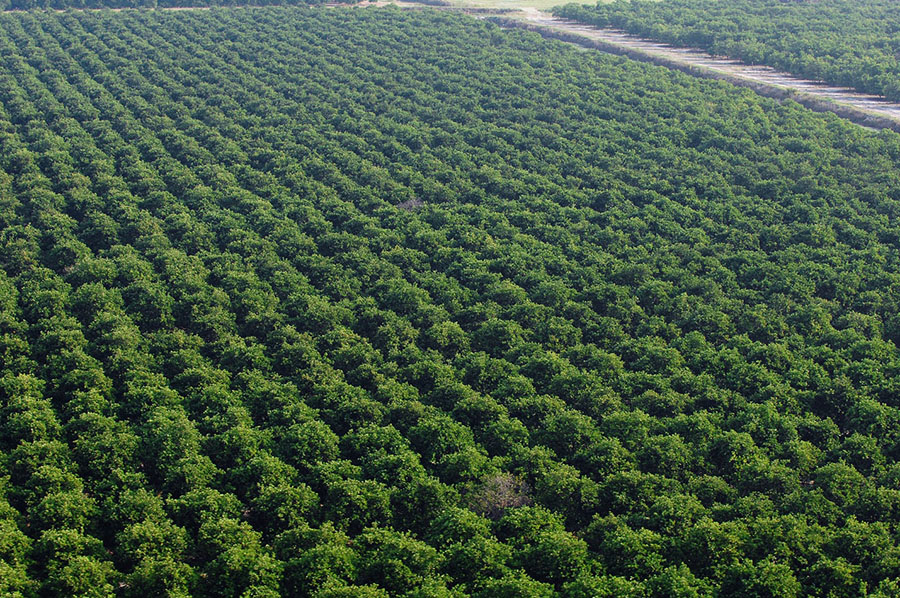 Agriculture in Florida grew from abundant sunshine and water. While the sunshine has not changed, water is becoming scarcer due to increasing demand from many sectors of society. Demand from the domestic, industrial, and tourism sectors will continue to grow, and agriculture itself may in some cases need more water to grow new crops for expanding populations. Consequently, here at Deseret we have encouraged water supply planners to expand the planning horizon in order to achieve long-term sustainability. We believe that as a society we can strike an appropriate balance between water supply for communities, food production, and natural systems.
Agriculture in Florida grew from abundant sunshine and water. While the sunshine has not changed, water is becoming scarcer due to increasing demand from many sectors of society. Demand from the domestic, industrial, and tourism sectors will continue to grow, and agriculture itself may in some cases need more water to grow new crops for expanding populations. Consequently, here at Deseret we have encouraged water supply planners to expand the planning horizon in order to achieve long-term sustainability. We believe that as a society we can strike an appropriate balance between water supply for communities, food production, and natural systems.
We have assembled a team of advisors, including scientists, engineers, biologists, and other stakeholders, and are committed to forming new partnerships that advance our efforts to protect rich wetlands, treat storm water runoff, and preserve usable water sources. We have also worked with state agencies and water management districts to identify conservation practices and alternative water supplies. Over the years we have focused on the following water resource areas:
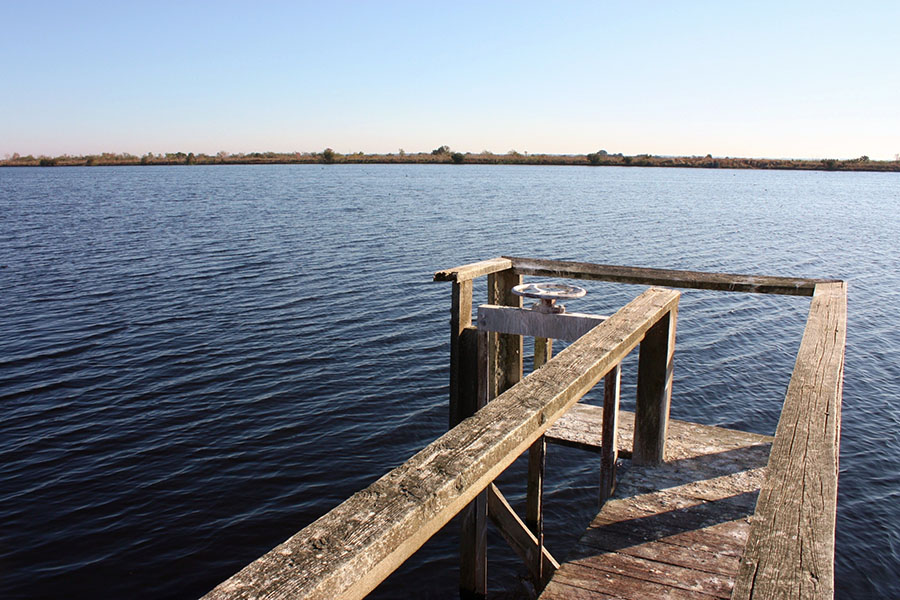 Storm Water Runoff:
Deseret is committed to appropriately treating and managing storm water runoff. This has been a decades-long point of emphasis for the Ranch. Because we are a pasture-based, low-intensity operation, storm water runoff from the property is generally very low in nutrients. To further reduce nutrient loads in the runoff, we have voluntarily constructed six retention ponds to capture, detain, and treat storm water discharges. Others will be constructed over the coming years. Additionally, we have implemented methods to use storm water for irrigation and to reduce nutrient loading in gravity storm water discharges.
Storm Water Runoff:
Deseret is committed to appropriately treating and managing storm water runoff. This has been a decades-long point of emphasis for the Ranch. Because we are a pasture-based, low-intensity operation, storm water runoff from the property is generally very low in nutrients. To further reduce nutrient loads in the runoff, we have voluntarily constructed six retention ponds to capture, detain, and treat storm water discharges. Others will be constructed over the coming years. Additionally, we have implemented methods to use storm water for irrigation and to reduce nutrient loading in gravity storm water discharges.
Agricultural Best Practices: Deseret actively supported the state’s development and adoption of water quality best management practices for cow/calf operations. We have also gone above and beyond the water quality BMPs in many cases, for example, by providing additional riparian buffers along waterways.
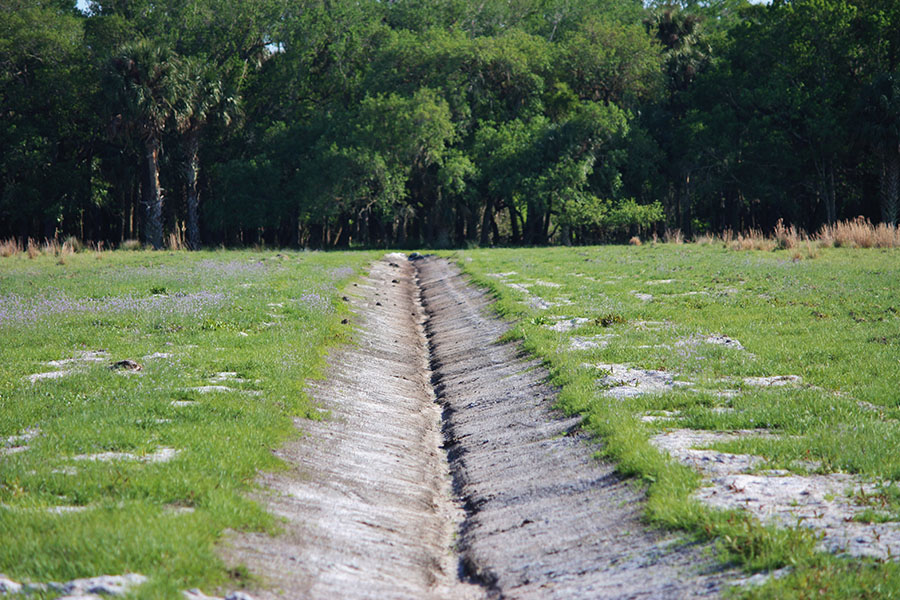 Irrigation Improvements:
Deseret has sought to use the most efficient, economically feasible irrigation possible. For example, we have installed laser-leveled ditches and riser culverts at significant cost to improve our pasture seep irrigation efficiency. We have also installed highly efficient center-pivot irrigation for our irrigated sod farming operations and animal feed production on the ranch.
Irrigation Improvements:
Deseret has sought to use the most efficient, economically feasible irrigation possible. For example, we have installed laser-leveled ditches and riser culverts at significant cost to improve our pasture seep irrigation efficiency. We have also installed highly efficient center-pivot irrigation for our irrigated sod farming operations and animal feed production on the ranch.
Groundwater and Usable Water Sources: Deseret is committed to helping protect the Central Florida groundwater systems and maximize usable water sources. We have played a significant leadership role in this area and still seek collaborative efforts with local and state water management agencies.
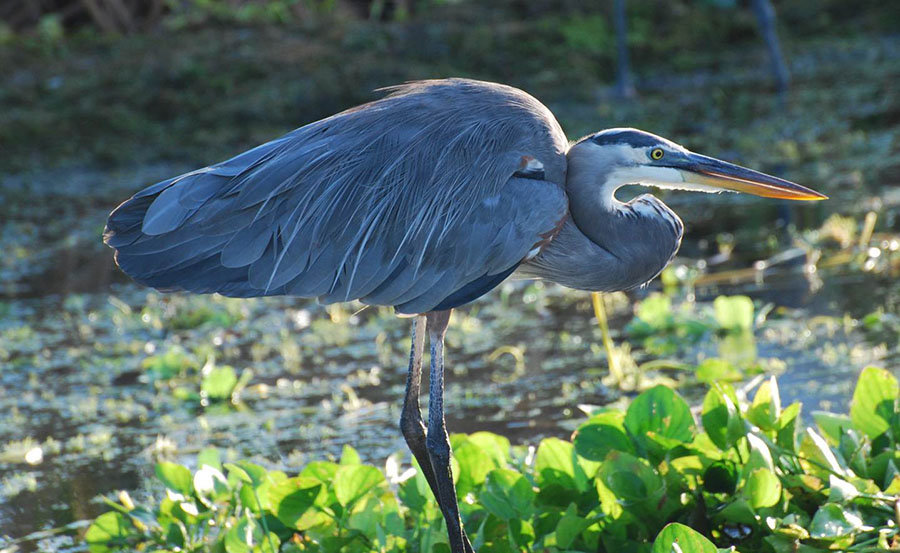 Wetlands:
We are committed to protecting key wetland systems, their functionality, and their role in watershed systems. We avoid drawdown of wetlands, provide buffers to wetlands in our agricultural activities, and plan for the protection of wetlands in our long-term planning.
Wetlands:
We are committed to protecting key wetland systems, their functionality, and their role in watershed systems. We avoid drawdown of wetlands, provide buffers to wetlands in our agricultural activities, and plan for the protection of wetlands in our long-term planning.
Water Supply Planning: Deseret is an active participant in the region’s water supply planning efforts. We give input to long-range water supply plans and have participated in the Central Florida Water Initiative. We will continue to encourage water supply planners to expand the planning horizon to achieve long-term water sustainability.
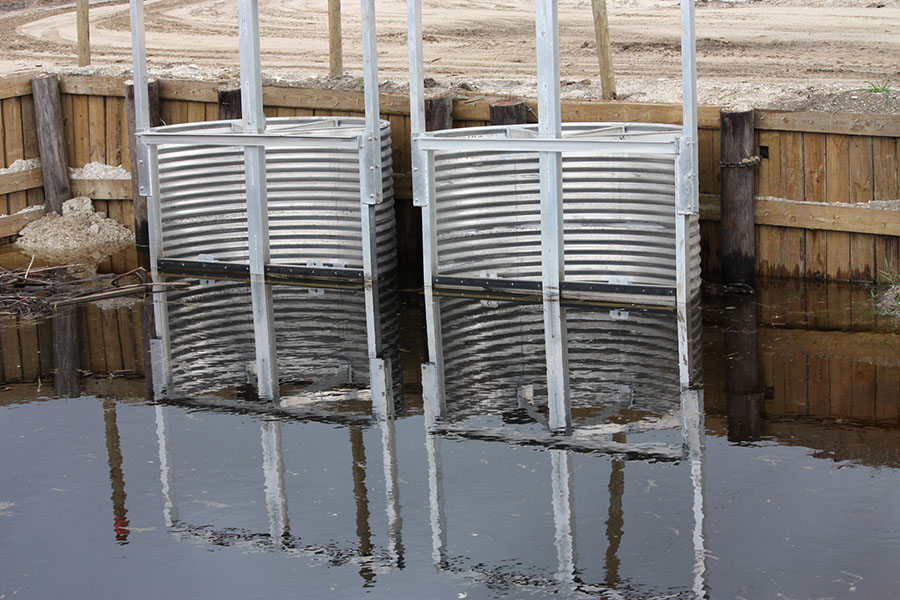 As agricultural uses on the Ranch evolve to meet changing and increasing needs for agricultural products, additional water will likely be needed to serve these evolving uses. Without the availability of such water, the viability of future agriculture on the Ranch may be impacted. We believe that with each segment of society doing its part to find new sources of water and conserve existing sources, there will be sufficient water to meet the needs of future populations, including local food production.
As agricultural uses on the Ranch evolve to meet changing and increasing needs for agricultural products, additional water will likely be needed to serve these evolving uses. Without the availability of such water, the viability of future agriculture on the Ranch may be impacted. We believe that with each segment of society doing its part to find new sources of water and conserve existing sources, there will be sufficient water to meet the needs of future populations, including local food production.




